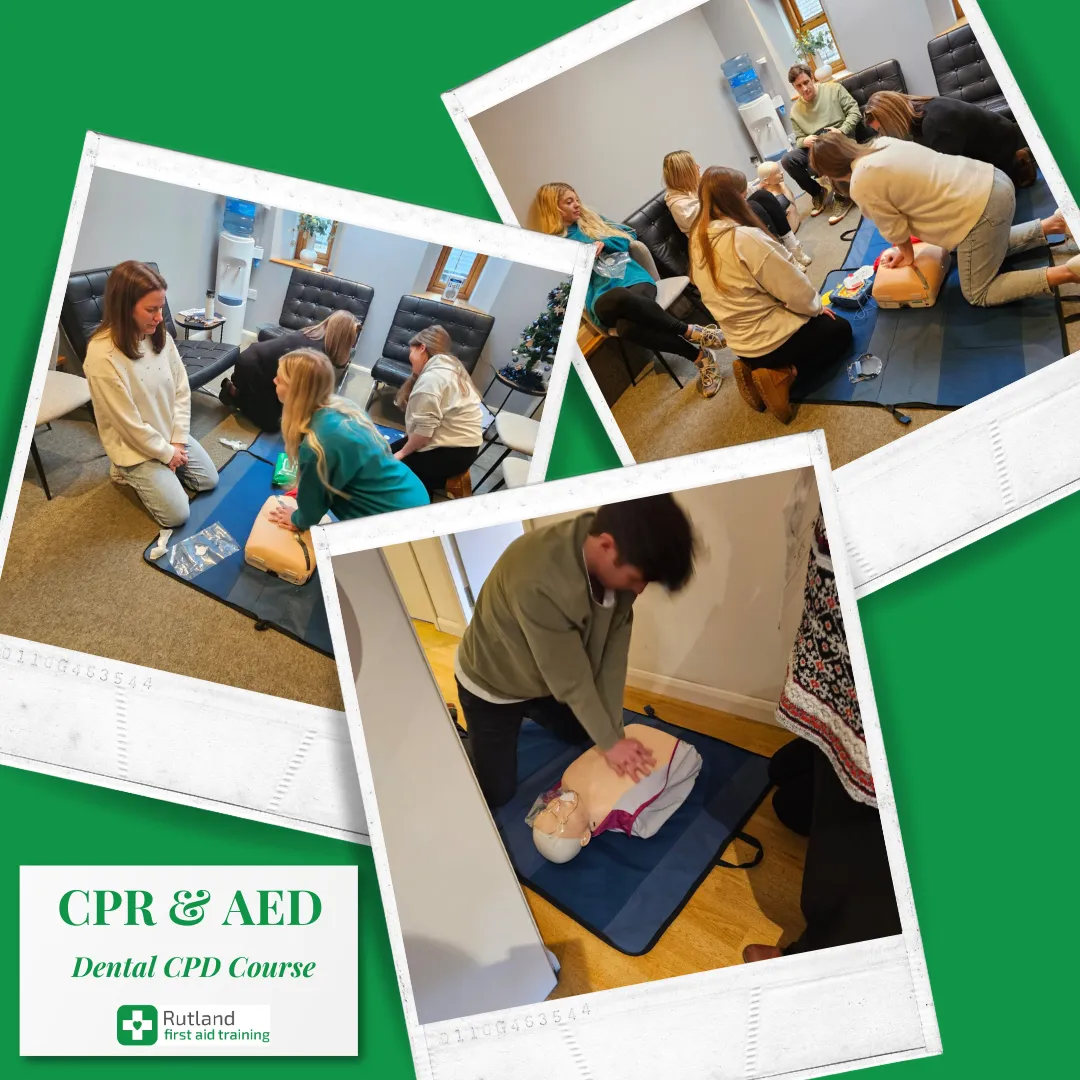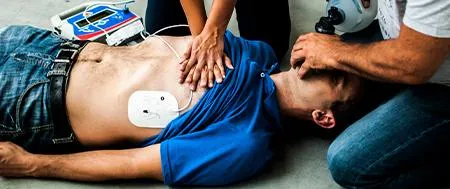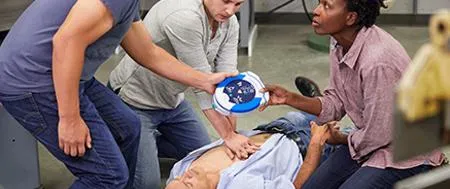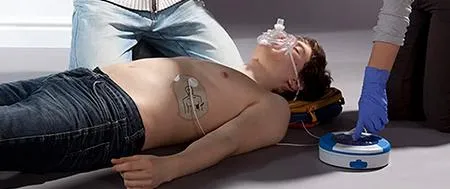Rutland First Aid Training
BLOG

Dental Medical Kits
Emergency Medications in a Dental Practice
In dental practices, emergencies can occur, and having the right medications on hand is vital to ensure prompt and effective care. Below is an overview of the emergency medications commonly found in dental practices, their uses, and key considerations for administration.
Medications and Their Uses
Aspirin (300 mg Dispersible Tablets)
Category: Non-Steroidal Anti-Inflammatory Drug (NSAID)
Purpose: Used during a suspected heart attack for its anti-platelet properties.
Administration: Best taken by sucking or chewing to ensure rapid absorption.
Key Point: Even if the patient is already on aspirin, administer an additional 300 mg during a cardiac event to improve survival chances.
Glyceryl Trinitrate (GTN) Spray
Category: Vasodilator
Purpose: Alleviates chest pain of cardiac origin by dilating blood vessels, reducing the heart's workload.
Administration: One or two sprays or a tablet under the tongue. Ensure the patient is sitting or lying down to avoid dizziness or a drop in blood pressure.
Side Effects: Headache and dizziness are common.
Adrenaline (1 mg/mL, 1:1000 Intramuscular Injection)
Category: Sympathomimetic Agent
Purpose: Essential for managing anaphylaxis (severe allergic reactions).
Mechanism: Constricts blood vessels to elevate blood pressure and counteract the allergic response.
Key Point: Patients must be sent to the emergency department post-administration.
Side Effects: Tremors, palpitations, sweating, high blood pressure, and dilated pupils.
Latest Rescuitation Guidelines for Healthcare providers (Emergency treatment of anaphylaxis | May 2021)
Salbutamol Inhaler (100 mcg/Actuation)
Category: Bronchodilator
Purpose: Relieves bronchospasm during asthma attacks by opening airway passages.
Administration: Normal dosage is two sprays; severe attacks may require 4-10 puffs using a spacer device.
Instructions: Patient should exhale fully, inhale deeply while pressing the inhaler, and hold their breath briefly.
Glucagon (1 mg Intramuscular Injection)
Category: Hormonal Agent
Purpose: Treats hypoglycemia in patients unable to tolerate oral glucose.
Administration: Reconstitute the glucagon powder with the provided solvent and inject intramuscularly.
Key Considerations: May not work effectively in cachectic patients, young children, or those with liver disease.
Follow-Up: Provide complex carbohydrates (e.g., bread or biscuits) once the patient can eat to prevent rebound hypoglycemia.
Oral Glucose (Gel, Powder, or Tablets)
Purpose: Quickly raises blood sugar levels in conscious and alert patients experiencing hypoglycemia.
Administration: Easily administered in gel, powder, or tablet form.
Follow-Up: Always follow up with complex carbohydrates to stabilize blood sugar levels.
Midazolam (Buccal or Intranasal)
Category: Benzodiazepine
Purpose: Controls prolonged seizures or status epilepticus.
Administration: Administer under the tongue or into the nasal passage for ease during seizures.
Dosage: Typically 10 mg for adults.
Key Considerations: May cause respiratory depression, low blood pressure, or drowsiness. Classified as a ‘schedule 3’ controlled drug with specific storage and prescribing requirements.
Medical Oxygen (Cylinder, D Size)
Purpose: Provides essential oxygen to critically ill patients.
Flow Rate: Capable of delivering up to 15 litres per minute.
Key Considerations: Store securely and clearly mark the location. Avoid use near open flames or cigarettes.
Guidelines: Administer high-flow oxygen initially in critically ill patients, then titrate based on oxygen saturation levels.
Conclusion
The above medications form the cornerstone of emergency care in a dental practice. Understanding their uses, administration routes, and potential side effects ensures preparedness for any medical emergency. Regular training and adherence to updated guidelines are essential for the safety of patients and staff alike.
Hear what our first aid students have to say...
TESTIMONIALS


A really good training course, very professionally presented by Tracy. I’ve been on lots of training courses over the years and too often they can be soporific! Tracy is one of those rare training professionals who can deliver training and keep a person interested all day! Great course. Highly recommended!

Alan Eager
Google Review


Rutland first aid are professional yet kept the courses fun and interactive and use some very interesting props. As a driving instructor I wanted to be able to deal with any issues with my students but also any issues I may come across on the roads. Highly recommended.

James Dames
Google Review


Couldn't recommend Tracy and her team enough for a first aid course. Having to renew it every 3 years used to send me to sleep. Not with these guys! Professional, up to date and with lots of toys to play with, without the death by powerpoint.

Mike Gould
Google Review

Here at Rutland First Aid Training we strive to provide high quality, personalised, fun and informative first aid courses.
Our courses are recognised by HSE, Ofsted and follow ILCOR guidelines.
Short Cuts
Find what you are looking for:
Dental CPD Courses
Get In Touch
If you have any questions or would like to discuss your requirements in further detail, our team are always happy to assist you.
Unit 2B Station Approach, Oakham, Rutland LE15 6QW
@ 2025 Copyright Rutland First Aid Training. All rights reserved.
Rutland First Aid Training is a trading name of Dive Rutland Limited. Company No: 9433835.




